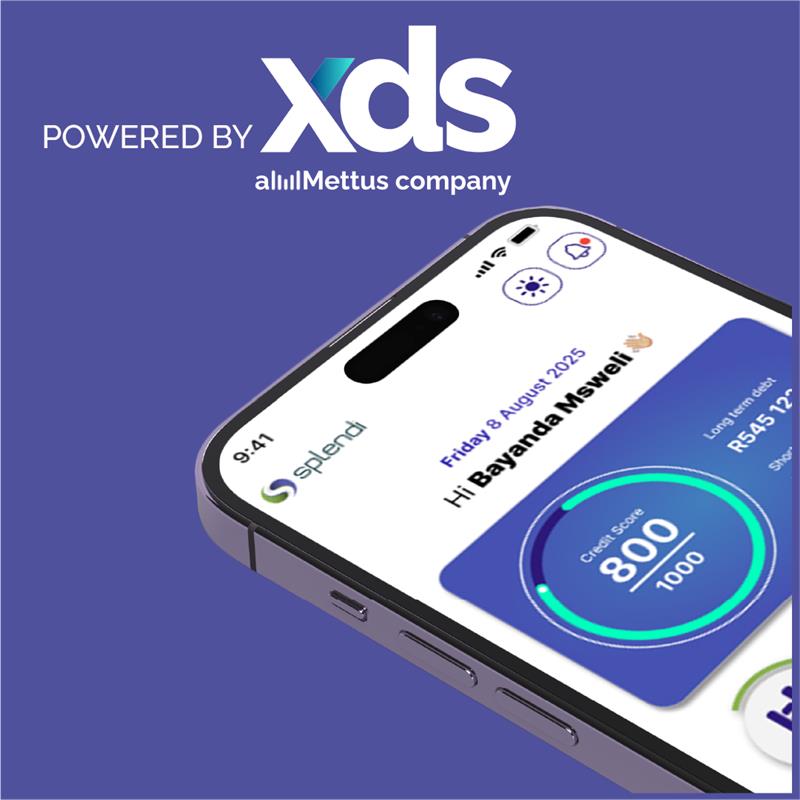Credit can be a useful tool in achieving a financial goal, however only if you understand what credit is and how to use it wisely.
Good debt vs bad debt
Good debt is using the money lent to you by a financial institution in order to make more money. It is the type of debt that builds wealth over the long term, leaving you better off than you were.
Bad debt is when people use credit to pay for everyday items such as groceries or an expensive pair of shoes. These items will cost you more than if paid for from your salary or savings.
8 tips to manage your debt
- Know who you owe money to and how much. Put together a monthly budget. Having all the debts in front of you will allow you to see the bigger picture.
- Always make sure that you know what the interest rate is on the money you have borrowed, the total amount that you are expected to pay back as well as the period you’re expected to pay back the loan. You’ll find this information on your credit agreement.
- Pay your debt on time, every time. Time management and debt management often go hand-in-hand, and paying your debts on time can prevent you from incurring further expenses from late fees or interest charges. If you’re regularly missing payments you may have trouble getting approval for a loan later on.
- Decide which debts to pay off first. Some types of debt are more expensive than others, so target the debt that carries the highest interest rate first, and which is costing you the most.
- The debt-snowball method is a debt-reduction strategy, whereby one who owes on more than one account pays off the accounts starting with the smallest balances first while paying the minimum payment on larger debts. When the smallest debt is paid in full, you roll the money you were paying on that debt into the next smallest balance. Keep going, until every debt is paid in full.
- The debt avalanche method is another debt-reduction strategy. Using the debt avalanche method, you list your debts in order of interest rate with the highest interest rate first. After making all the minimum payments, you would put any extra money towards the debt with the highest interest rate. You keep putting all extra money towards that debt until it is paid off. When it is paid off, you roll the money you were paying on that debt into the debt with the second-highest interest rate, and so on.
- Use an emergency fund to fall back on. Without access to savings, you’d have to go into debt to cover an emergency expense. A small emergency fund will cover the little expenses that come up from time to time.
- Look at whether you can afford to make extra repayments. If you can’t afford to pay anything more, at least make the minimum payment. While paying a little bit extra than what you owe every month is ideal as you’ll pay off your debt at a faster rate and pay less interest, it’s not always possible. But at least make your minimum monthly payment, to ensure that you don’t fall behind and that your debt doesn’t grow.
- Drop expensive habits. If you’re in debt and consistently coming up short each month, evaluating your habits might be the best way to go. Look at the ways you’re spending money every day and evaluate whether those purchases are worth it or not. Rather than living off credit and falling into debt to maintain your lifestyle, change your lifestyle to accommodate your financial situation. It’s impossible to maintain debt if you’re eating into money that you cannot repay.
- Know you can reach out. If you’re finding it hard to keep up with your repayments, consider calling your credit providers as soon as you can to tell them you’re experiencing financial hardship. Most providers can work with you to find an alternative payment plan that could assist you during difficult times. The bottom line? Manage your credit
No matter what type of debt you’re in — whether it is credit card debt, student loan debt, vehicle finance, or something else, it is important to know how to manage it effectively. Hopefully, these credit tips will help you manage your credit more effectively.
The bottom line? Manage your credit




